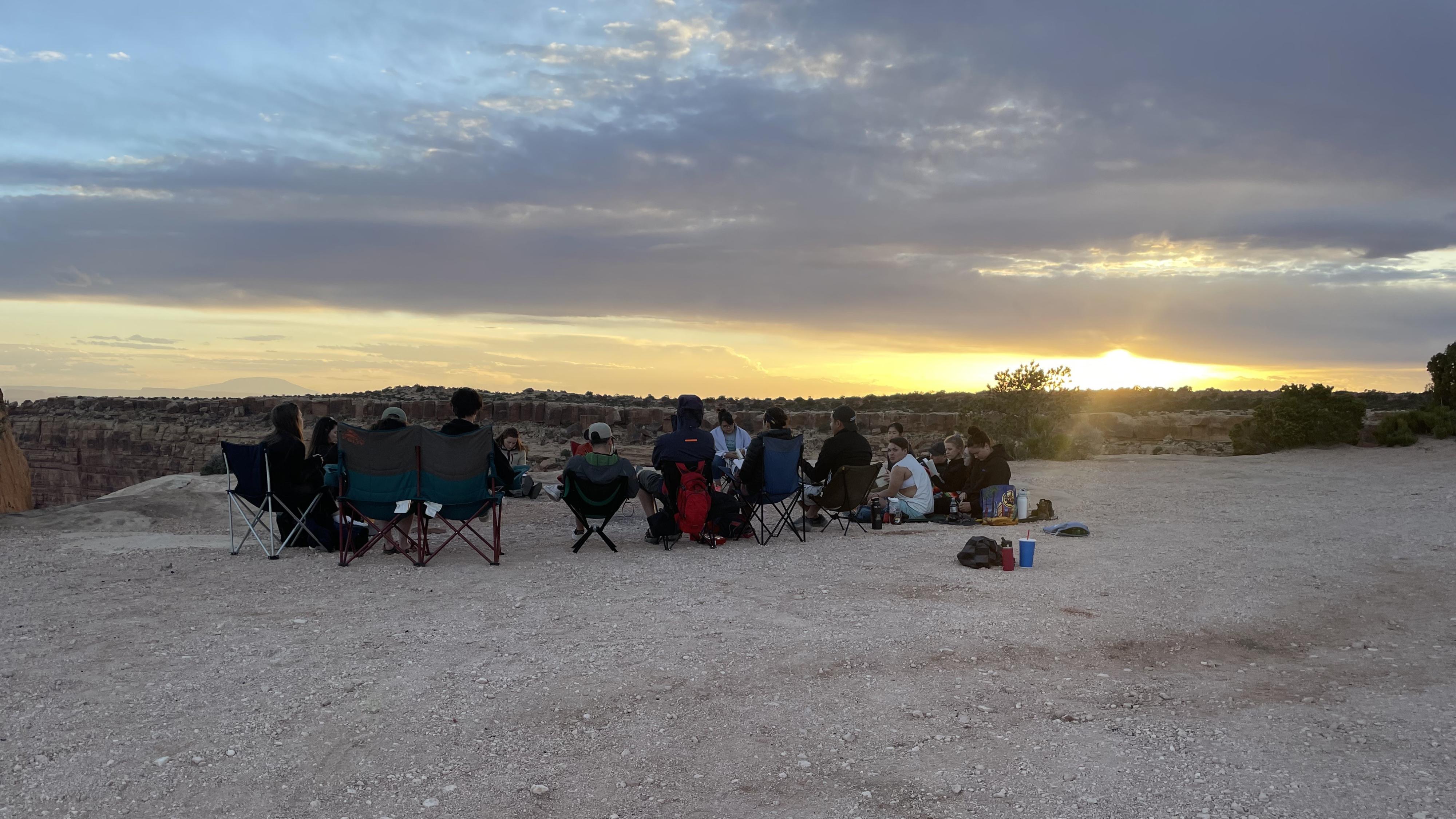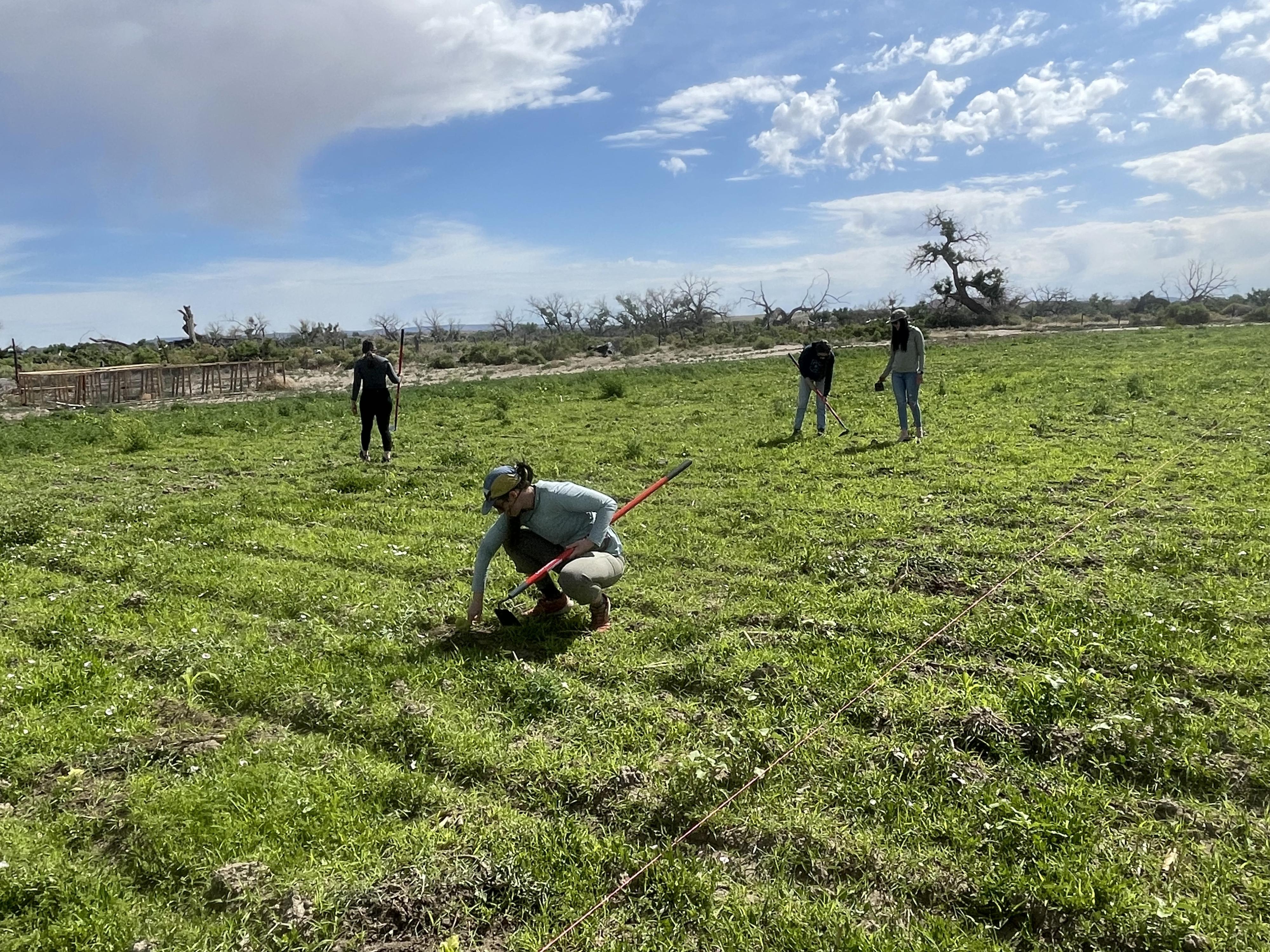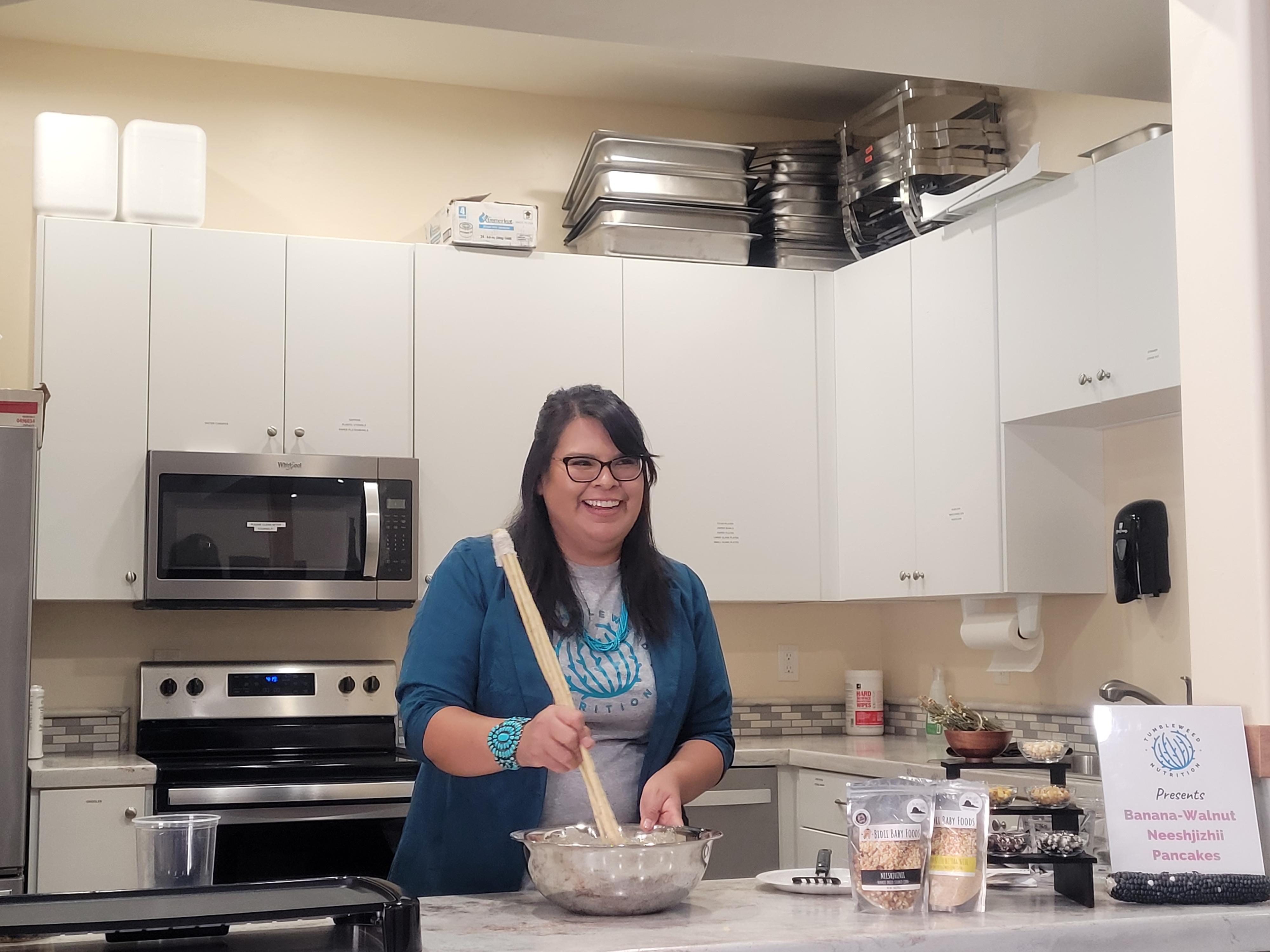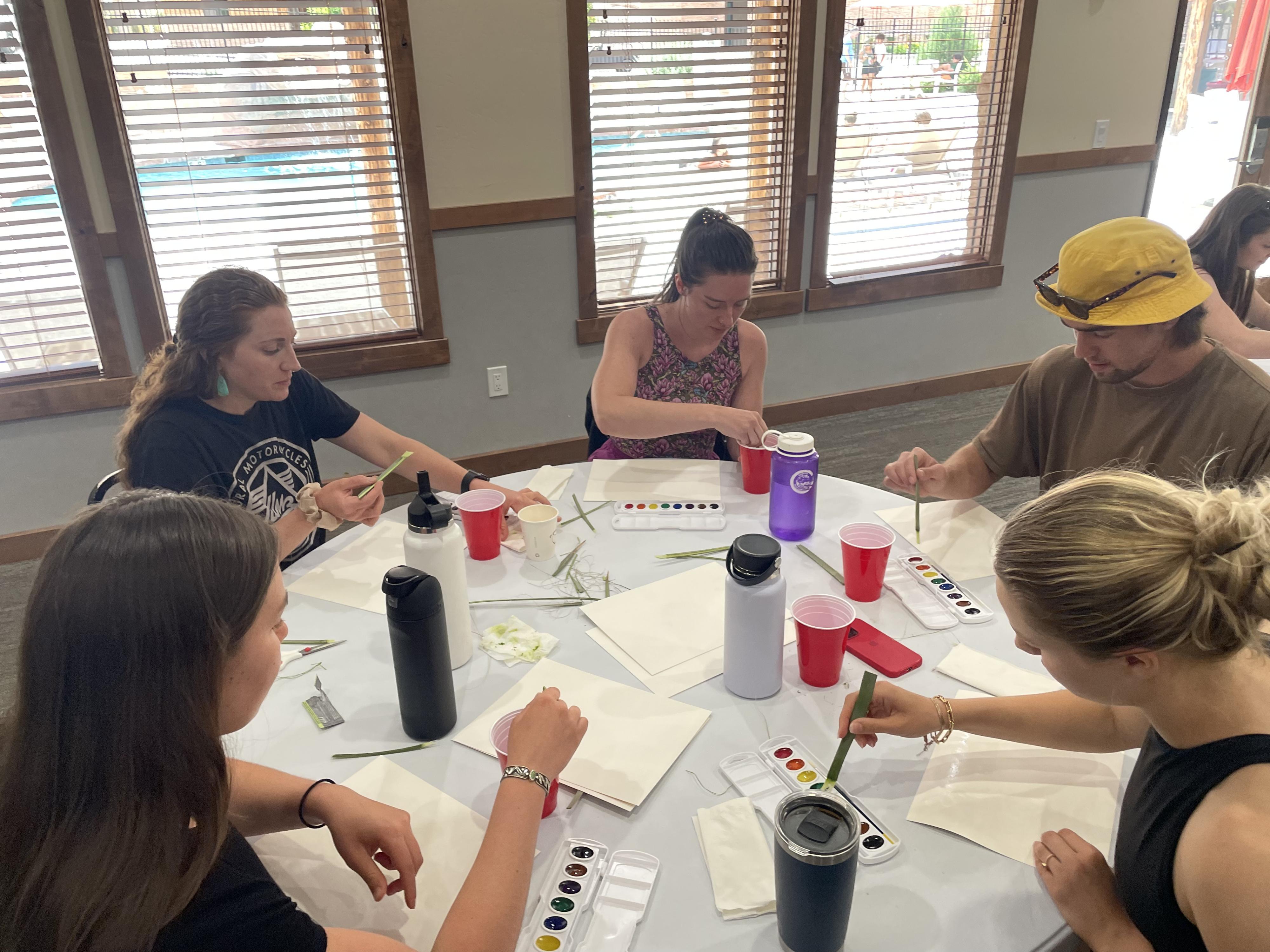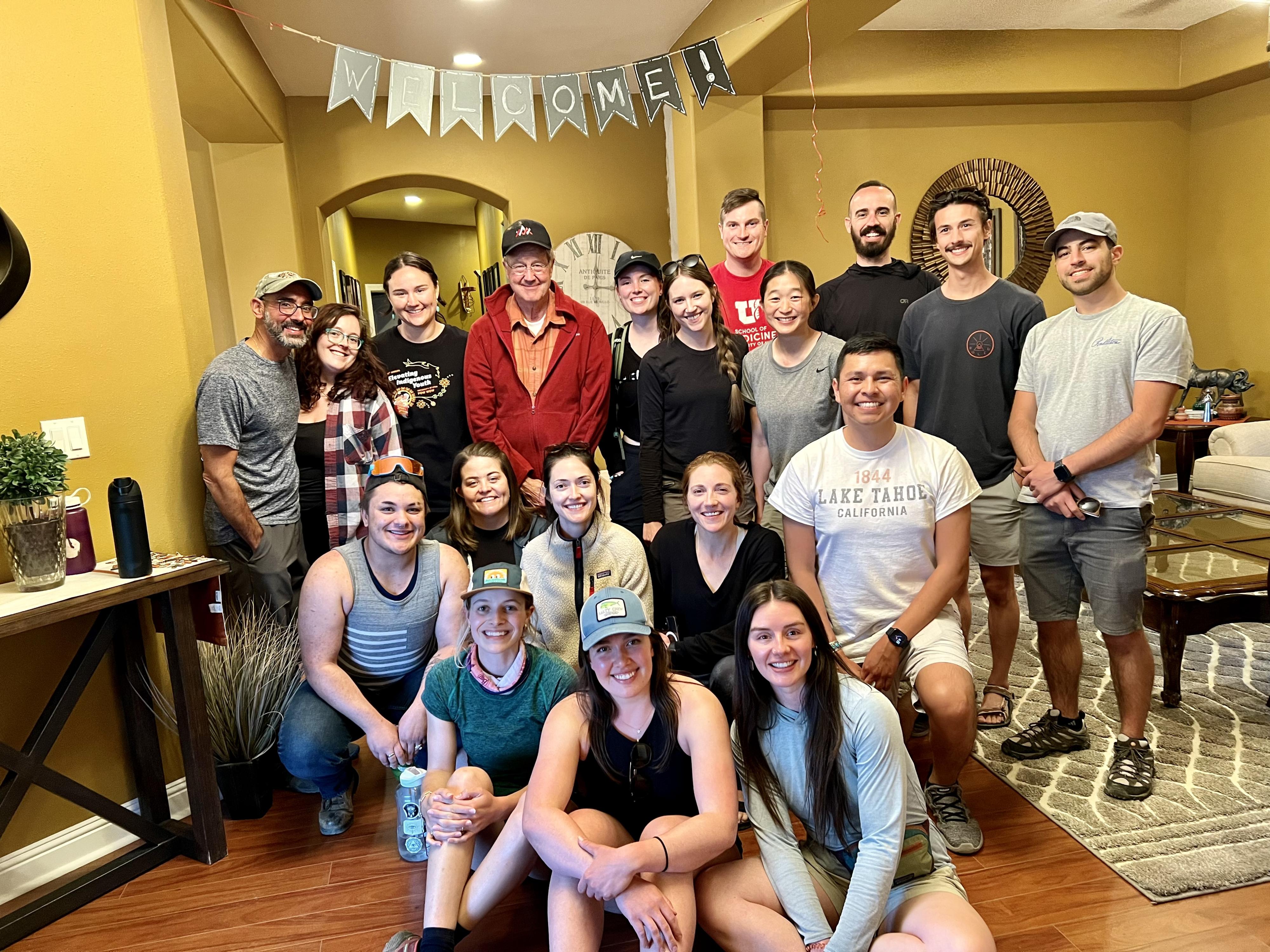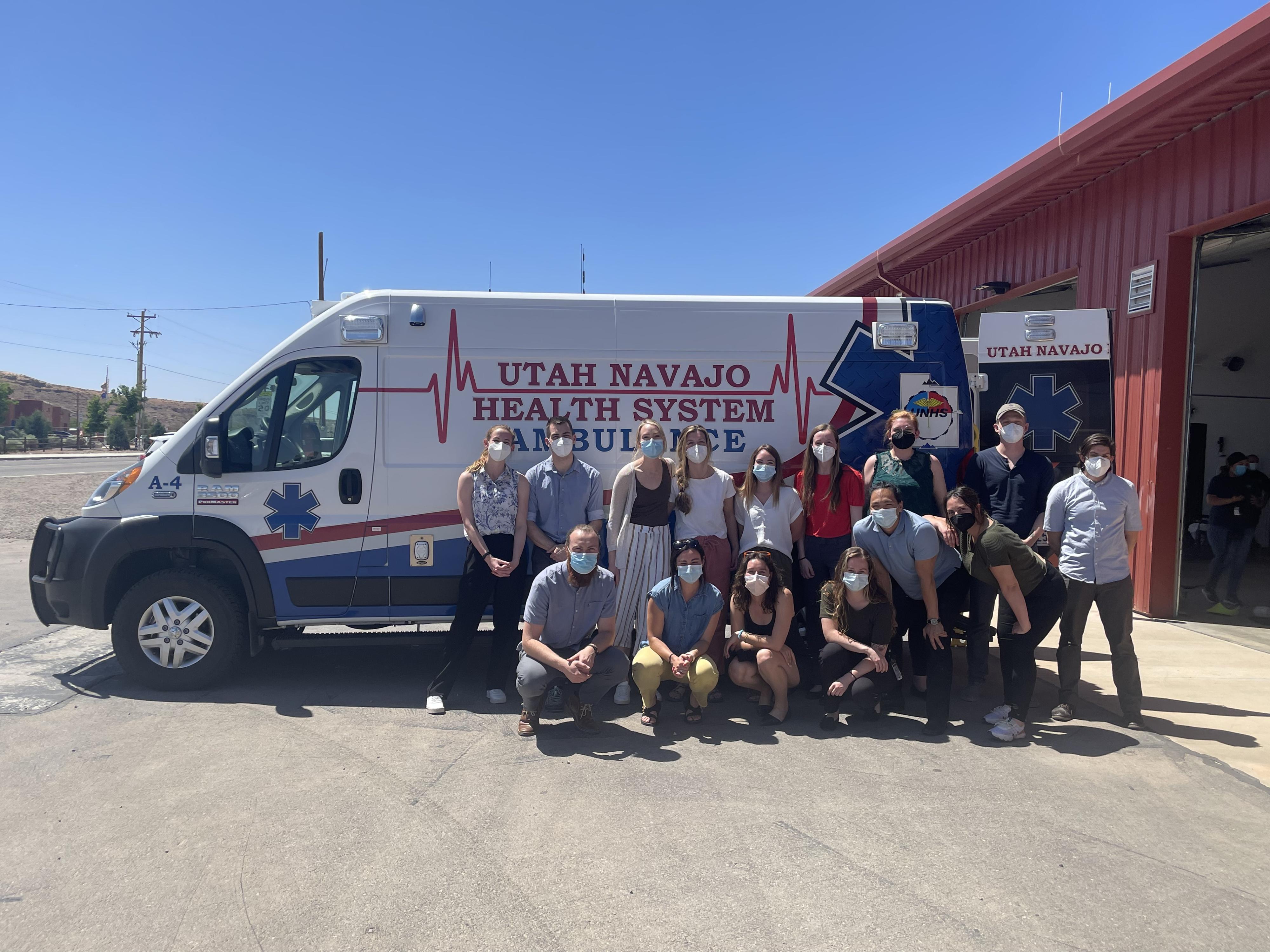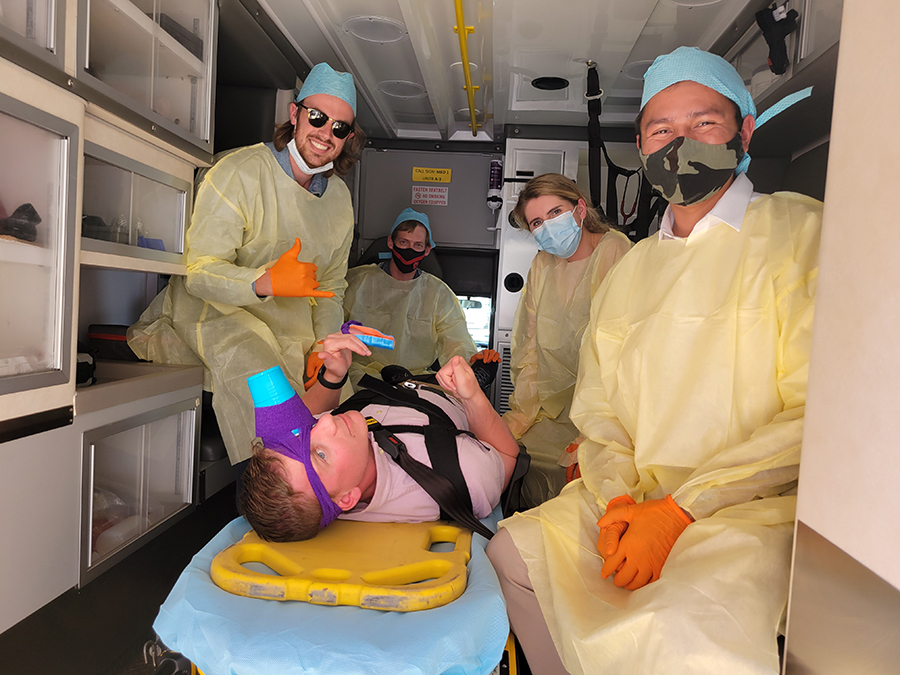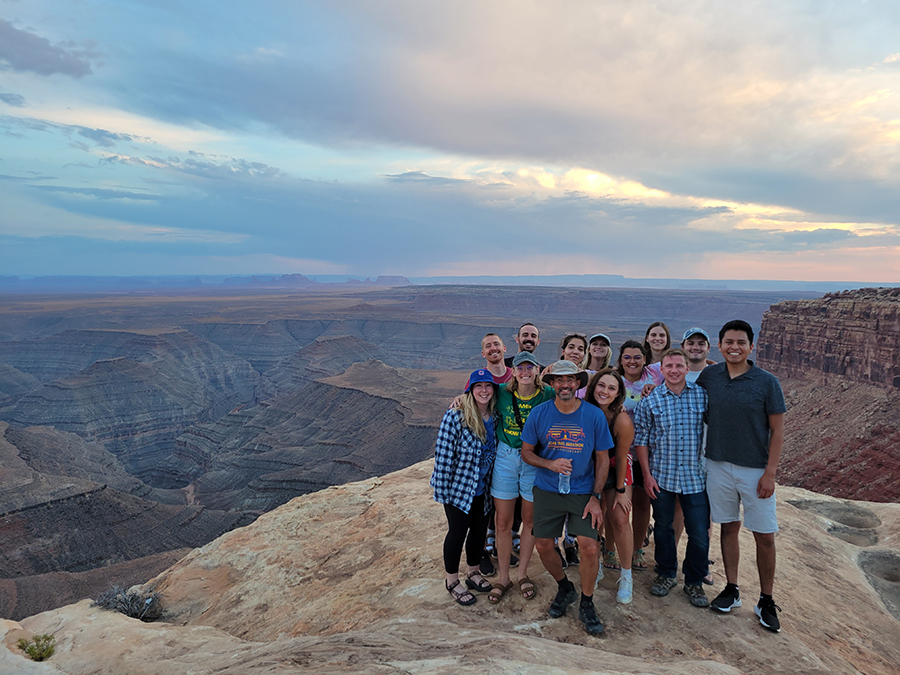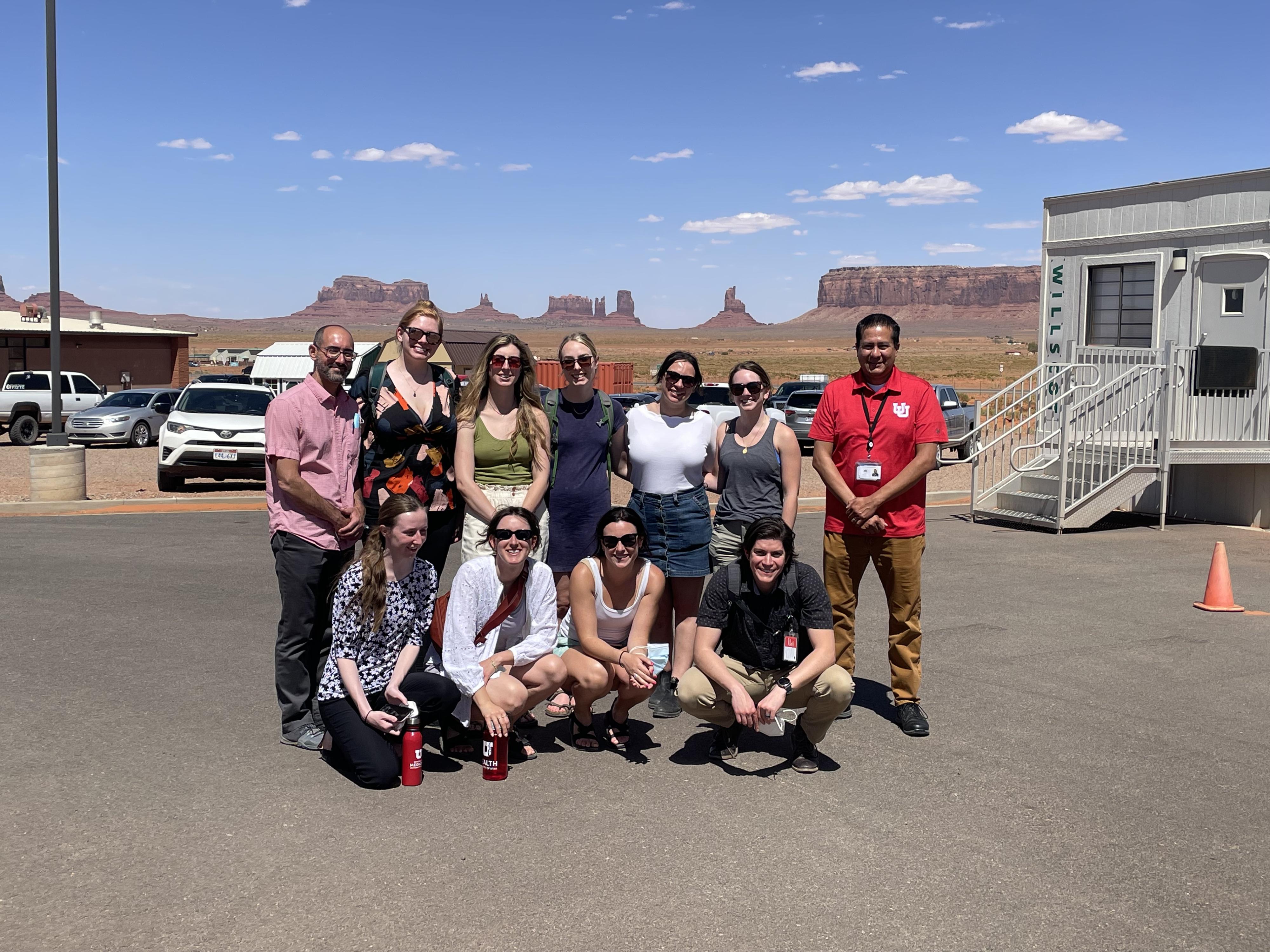

Rural Immersion Course
Course Information
The Tribal, Rural, and Urban Underserved MedEducation (TRUE) Summer Rural Immersion Trip (RIT) is an opportunity for medical students enrolled in the TRUE Certificate to gain a greater understanding of the challenges and joys of living and working in a TRU community.
Medical students who have completed Phase 1 of the TRUE Certificate coursework will spend 1 week in a rural Utah community, observing firsthand the many roles that providers and community health organizations play in assuring the health and wellbeing of their fellow community members.
By participating in this trip, medical students will examine rural populations through the lens of public health, community outreach, and the integration of health care system and the community organizations working to maximize health and wellbeing, thus building a foundation of knowledge, attitudes and attributes that are essential to contextualize subsequent and more advanced rural health education.
As a result of successfully completing the TRUE Summer RIT, students will be able to:
- Effectively manage medical situations in austere environments, through completion of AWLS, which includes virtual modules, didactic lectures, and hands-on instruction in the stabilization of patients suffering from common, potentially life-threatening and/or severely debilitating conditions (See Appendix A)
- Contextualize the topics learned in MDID 6550 and 6555
- Articulate challenges, assets, and opportunities that rural health care systems and communities encounter in operationalizing wellness.
- Describe unique aspects of rural population health and compare/contrast to urban/metropolitan population health, including social determinants, health disparities and diversity in age, race, culture, and more.
- Appreciate the importance of cultural humility and adopting a non-judgmental, compassionate, open-minded curiosity in the care of TRU communities.
- Demonstrate an understanding of common conditions and higher burdens of disease affecting many rural communities, and the role systemic health injustice plays in perpetuating these disparities.
- Describe how social determinants interface with and impact health and health service delivery in rural areas.
- List several local, State and Federal organizations and resources that exist to support rural health and health systems and describe their function/role.
- Identify strengths, deficiencies, biases, and limits in one’s knowledge and expertise through self-reflection and experiential learning.
